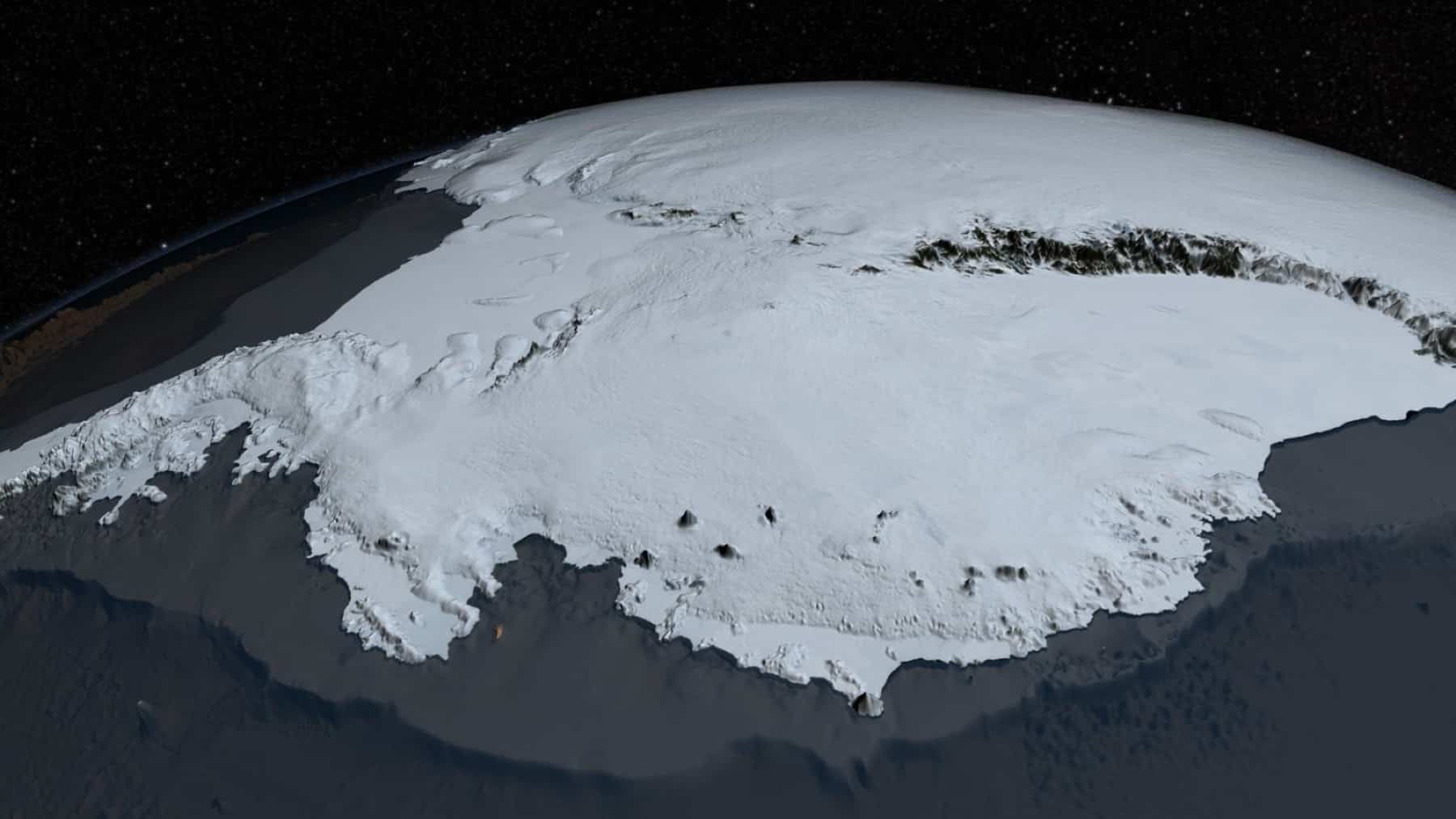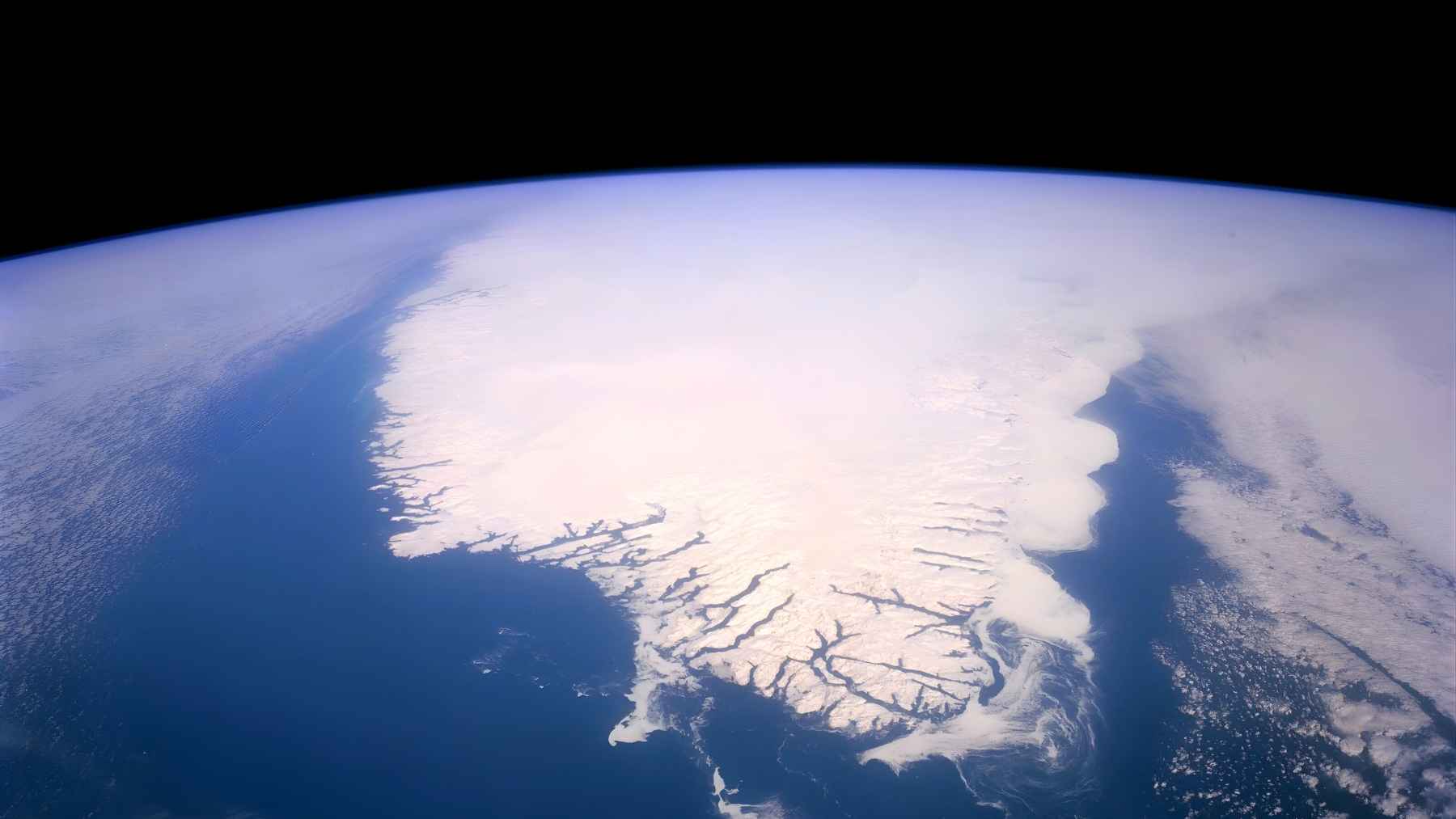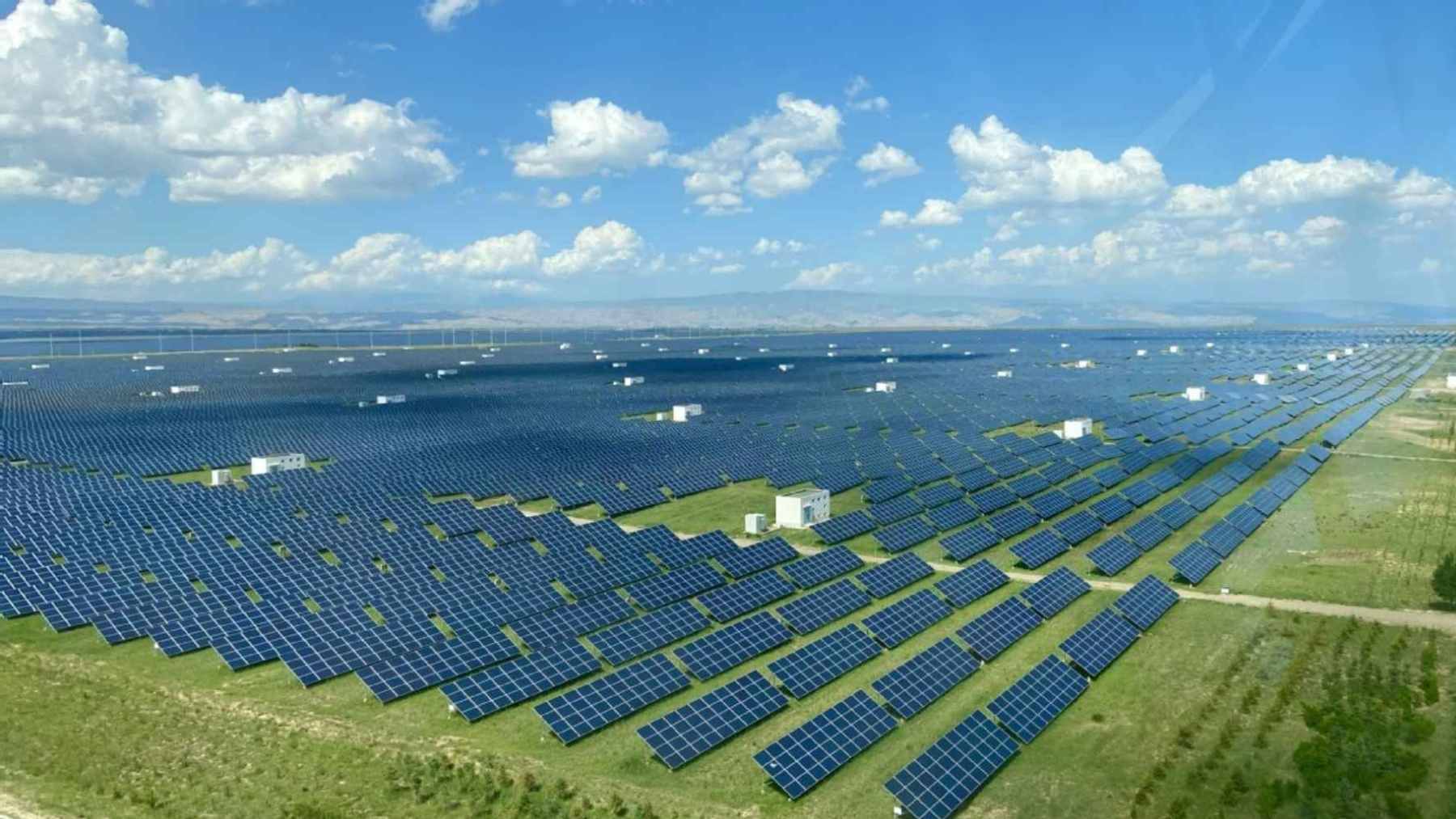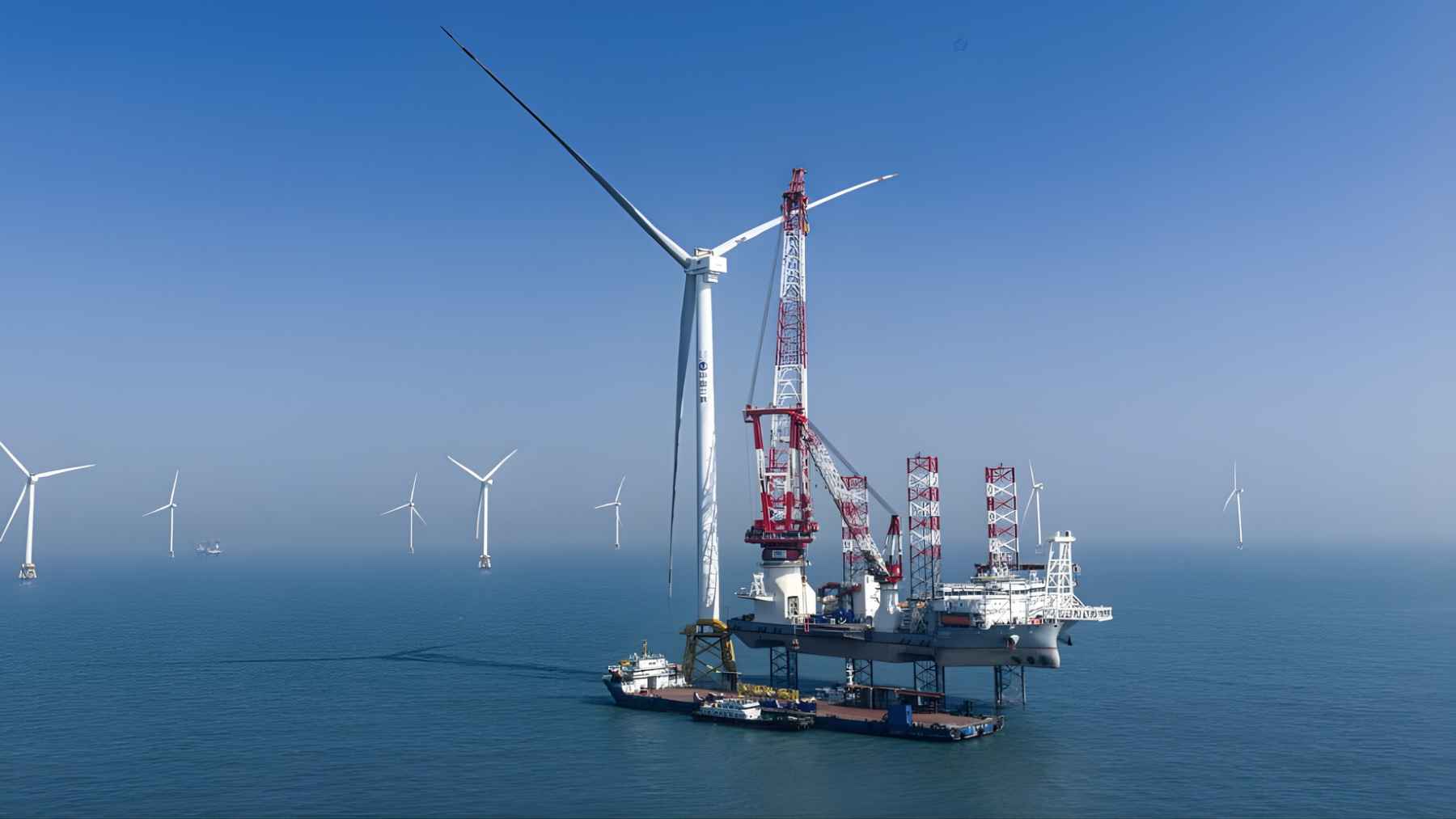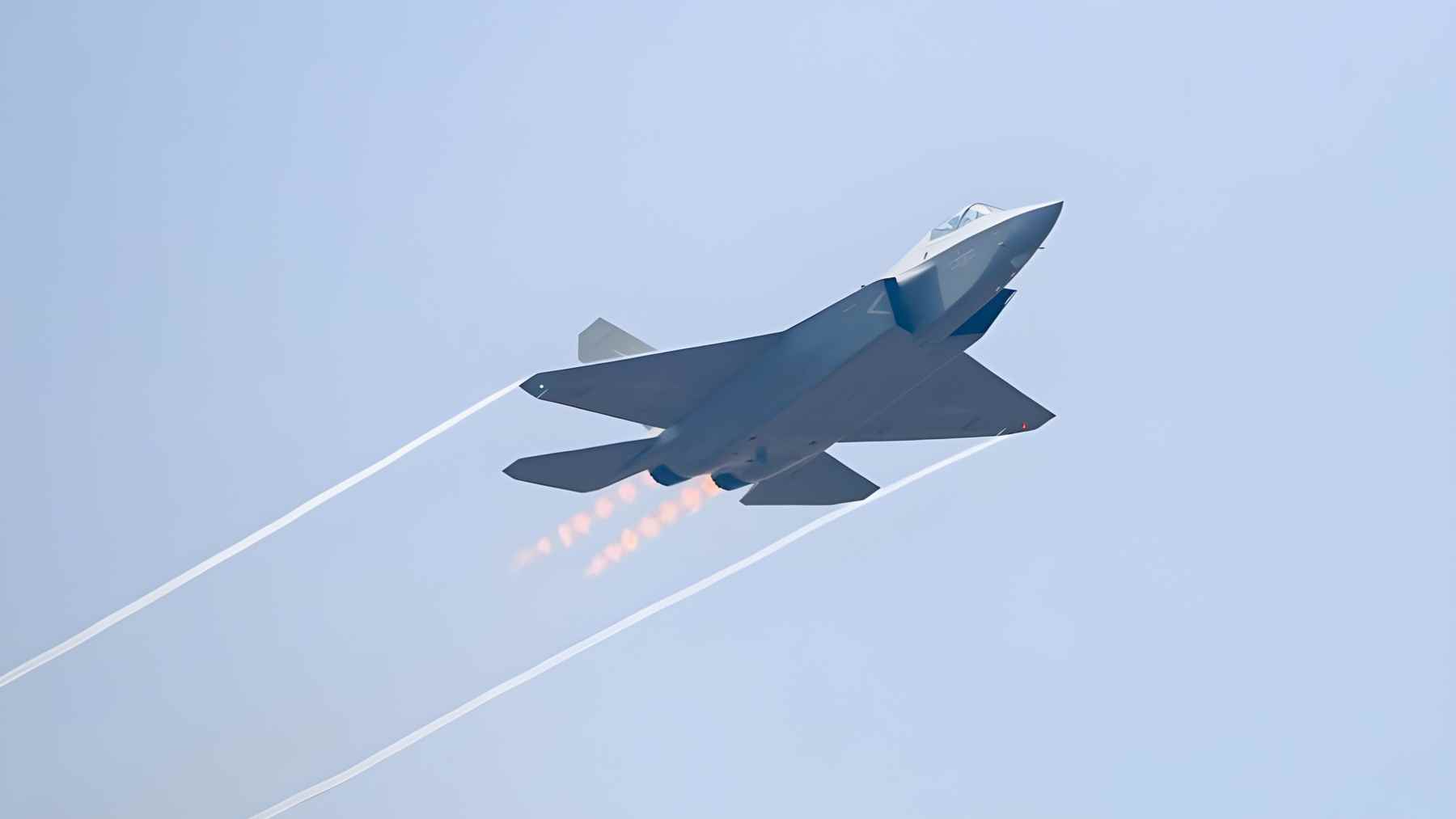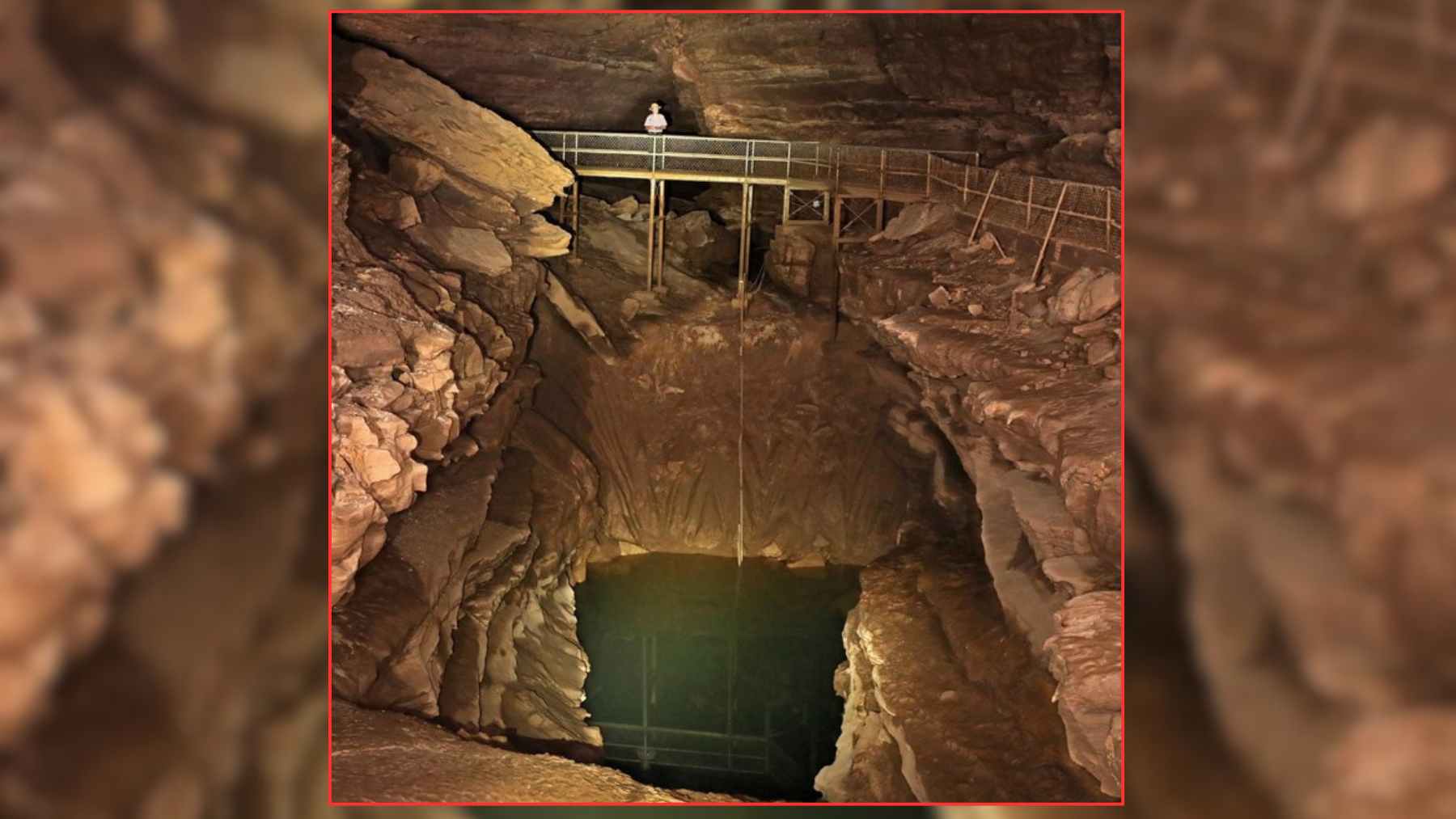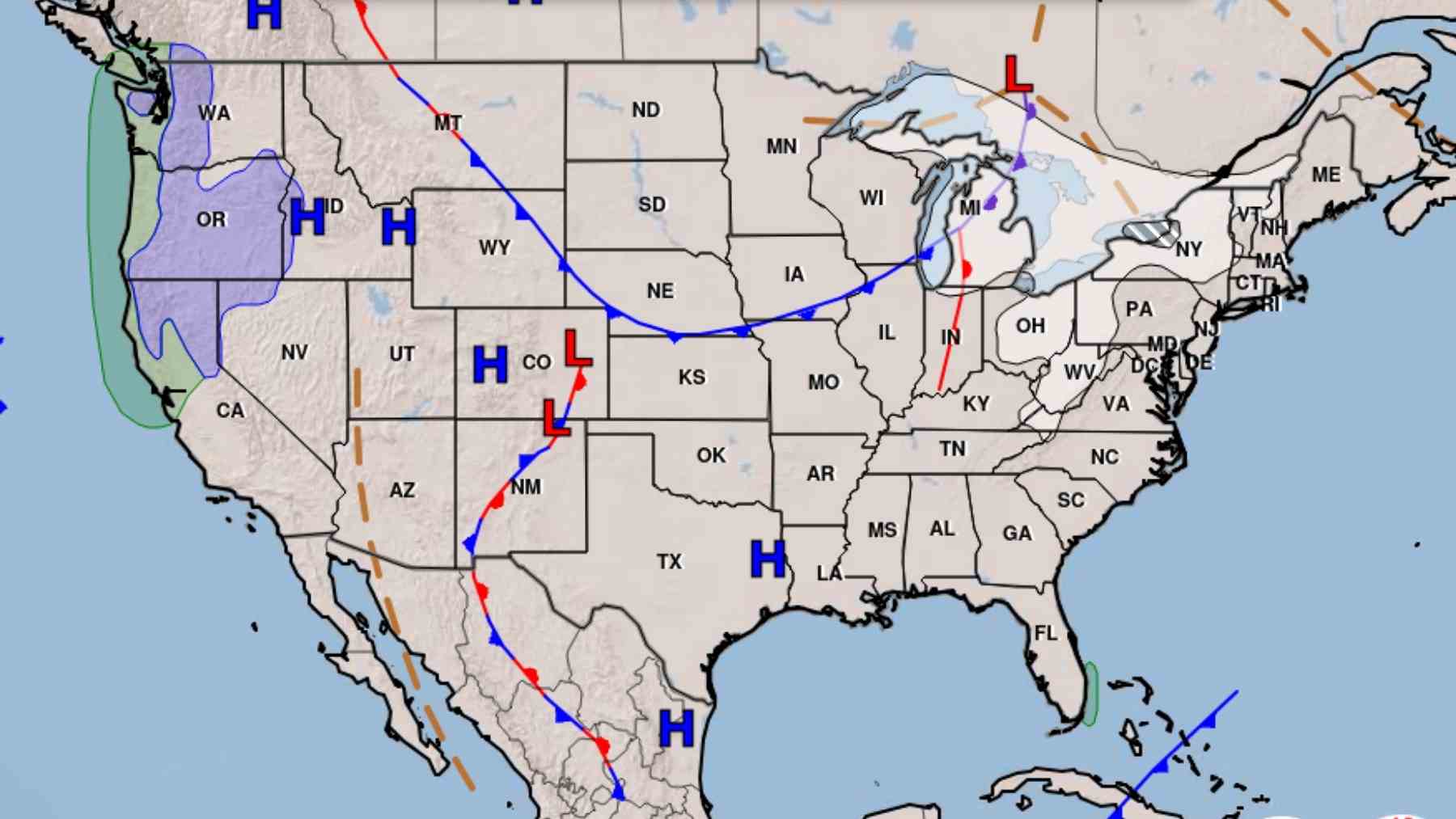As many of the oil and gas reserves in the British Antarctic Territory have been discovered, Russia has reportedly also discovered large reserves, leading to fears that drilling would start. These reserves may contain 511 billion barrels of oil, ten times what the North Sea has produced over the last 50 years. The findings as presented to the British Commons Environment Audit Committee are causing questions to arise about the true intent of Russian research vessels. Although the 1959 Antarctic Treaty forbids oil extraction, experts believe Russia’s seismic surveys are a precursor to planned drilling, despite denials it is conducting scientific research.
Polar ambitions: Is it scientific research or an oil hunt?
The Russian geological exploration company Rosgeo has sent a ship called Alexander Karpinsky to perform seismic surveys in the area. Moscow maintains the activities are purely scientific, however, geopolitical analysts believe such efforts are a precursor to hydrocarbon exploitation.
“This undermines what has been the orthodoxy in terms of global cooperation in this region,” Professor Klaus Dodds, a geopolitics expert at Royal Holloway University said, insisting that Russia’s actions are a real challenge to the norms on seismic research but also show its long-range agenda to exploit Antarctica’s untapped resources.
With fossil fuel demand on the rise worldwide and sanctions hindering the Russian economy, a lucrative opportunity might rest just beneath the polar ice for the Kremlin, if successful oil drilling could be established in Antarctica.
The Antarctic’s harsh climate has historically acted as a natural barrier to resource extraction. But climate change is rapidly thinning the ice, making places that once were hard to reach now easier. This shift has stirred greater interest from various countries, not only Russia, in Antarctica’s rich, untapped mineral resources.
Geopolitical freeze: Countries battle over the future of Antarctica
The Antarctic Treaty System has been long heralded as a model of international cooperation. It has successfully maintained the entire continent as a zone of peace and science. That said, recent geopolitical tensions seem to show that this agreement could face considerable hurdles in the future.
Countries with longstanding claims to portions of Antarctica, such as Argentina and Chile, have reacted with indignation to Russia’s exploration efforts. Chile, for example, had already taken precautionary measures: putting its defense forces on alert, and calling security meetings at its Antarctic base to reiterate its territorial claims.
And despite the bold wording, some fear rising competition over resources could render the treaty ineffective, resulting in conservation achievement being overshadowed by a future of economic and political interests. The melting Antarctic ice sheet, a byproduct of global climate change, poses another paradox.
Though it will make oil reserves more accessible (just like this oil of the 21st century), the shift also threatens to hasten environmental devastation and disrupt global weather patterns. Scientists warn that even a modest loss of ice from the East Antarctic ice sheet could universally shift precipitation around causing climate instability.
Washington’s policy shift: The reinforcement of commitment to the Antarctic cooperation
Antarctica has long been a region defined by scientific cooperation, but now, the existing governing arrangement is being challenged by the current geopolitical climate. The Antarctic Treaty is not a United Nations treaty, and because of this, some have speculated that the treaty should be brought into some overarching multilateral structure to provide more effective enforcement.
Diplomatic engagement of this sort is not without precedent. Originally a British research station, the Vernadsky base was transferred to Ukraine in 1996 and serves as one example of how Antarctic science diplomacy can transcend conflicts.
It was named after the Russian Ukrainian scientist Vladimir Vernadsky, which highlights how cooperation in science can bridge geopolitical enmities. As conflicts over such claims heat up, this collaborative model could be critical in keeping disputes from boiling over.
Recent US policy statements have acknowledged the strategic importance of Antarctica. Washington’s commitment to championing transnational cooperative action via the Antarctic Treaty System was reiterated in a National Security Memorandum issued in May. If global powers prioritize multilateral engagement, however, they may be able to keep Antarctica as a sanctuary for science rather than a battleground for resource exploitation.
The treaty is under threat from Russia’s Antarctic oil discovery (like the discovery of an oil mine which is shocking the world). Moscow insists it has scientific motives, but scientists worry about a race for resources. As climate change threatens to reshape our planet, the world must decide whether to double down on conservation or crack under economic pressures.
